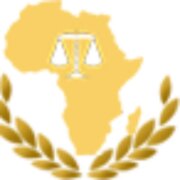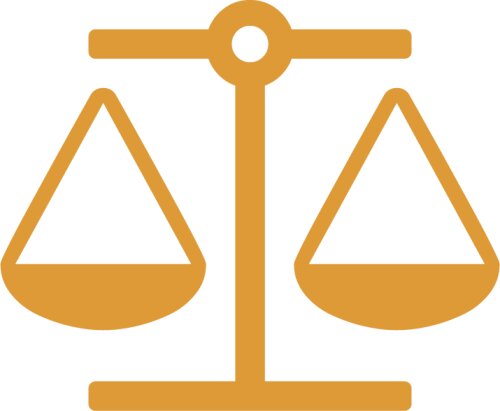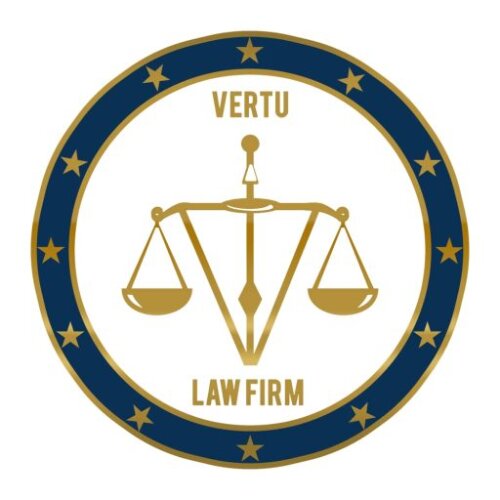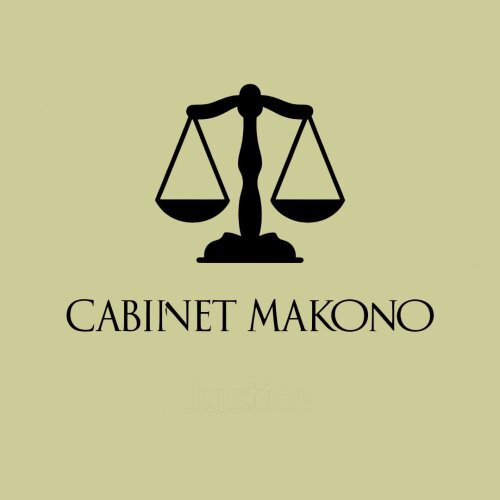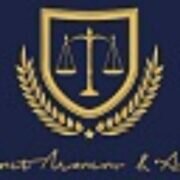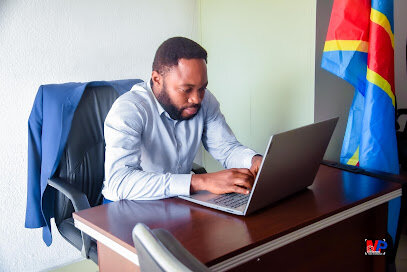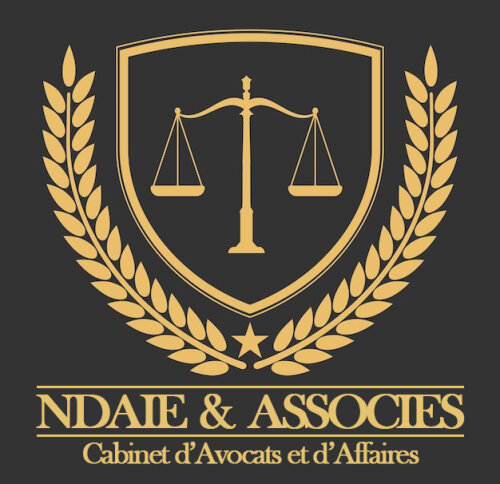Best Conveyancing Lawyers in DR Congo
Share your needs with us, get contacted by law firms.
Free. Takes 2 min.
Free Guide to Hiring a Real Estate Lawyer
Or refine your search by selecting a city:
List of the best lawyers in DR Congo
About Conveyancing Law in DR Congo
Conveyancing in the Democratic Republic of Congo (DR Congo) refers to the legal process of transferring ownership of real estate, including land or buildings, from one party to another. This process involves a set of legal steps and documentations to secure and authenticate the transaction, ensuring both buyers and sellers have their rights protected. In DR Congo, conveyancing matters are governed by a combination of customary law, statutory law, and administrative practices overseen by various government bodies, notably the Ministry of Land Affairs and local land registry offices.
Why You May Need a Lawyer
Seeking legal assistance for conveyancing is important because property transactions in DR Congo can be complex and sometimes risky without professional guidance. You may need a lawyer if you are:
- Buying or selling land or property for the first time
- Dealing with disputed ownership or unclear land titles
- Involved in inheritance matters related to family land
- Seeking to register property or update ownership details with the authorities
- Negotiating or reviewing contracts to ensure they are legally sound
- Encountering issues with property boundaries, zoning, or land use rights
- Wishing to avoid scams or fraudulent property sales, which occasionally occur
A qualified lawyer can assist you with due diligence, verify documents, handle negotiations, draft or review contracts, and represent your interests at each stage of the transaction.
Local Laws Overview
The legal framework around conveyancing in DR Congo relies largely on the “Loi sur les biens immobiliers” (Law on Real Estate) and several statutory ordinances relating to land tenure and property registration. Some key aspects include:
- Land in DR Congo is primarily owned by the state, but individuals and businesses can obtain usage or usufruct rights, often formalized as “Concessions”.
- All property transactions must be documented by a notary and registered with the local land registry office to be legally binding.
- The process requires a thorough verification of land title, which should have been issued by the Land Administration. Obtaining a land certificate is essential.
- Laws take into account customary rights in rural areas, which may require community or traditional leader involvement in the transaction.
- Titles are subject to government review, and failure to register may result in loss of rights or future disputes.
- Foreign individuals and entities may face restrictions or additional requirements when acquiring property rights.
- Stamp duties, notarial fees, and registration fees are required for property transfers.
Frequently Asked Questions
What is the first step in property conveyancing in DR Congo?
Typically, the process begins with the verification of property ownership and encumbrances at the land registry office. After due diligence, the buyer and seller sign a preliminary agreement prepared by a notary.
Is it mandatory to use a notary for property transactions?
Yes, DR Congo law requires that property transfer deeds be prepared and authenticated by a qualified notary for the transaction to be legally valid.
What documents are needed to buy or sell property?
You will need land title or certificate, identification documents for all parties, a land map or plan, proof of payment of necessary fees, and any previous sales agreements or inheritance documents.
How can I check if a property title is authentic?
Visit the local land registry (Conservation des Titres Immobiliers) to verify the property title or engage a lawyer or notary to perform a thorough title search.
Can foreigners buy property in DR Congo?
Foreigners can purchase property but may face additional administrative requirements and, in rare cases, restrictions on certain types of land or locations. Legal advice is recommended.
What role does customary law play in conveyancing?
In rural areas, customary law may regulate land ownership, requiring consultation or approval from traditional authorities. Compliance with both customary and statutory requirements is necessary.
What are common risks in the conveyancing process?
Unclear land boundaries, unregistered transfers, fraudulent titles, outstanding disputes, and unpaid land fees are some common risks. Legal assistance can help navigate these issues.
How long does the conveyancing process take?
The process can take from a few weeks to several months, depending on the complexity of the transaction, completeness of documents, and efficiency of the local administration.
What fees are involved in conveyancing?
You will typically need to pay notarial fees, stamp duties, land registration fees, and sometimes legal advisory fees. Fee amounts can vary depending on property value and location.
What happens if I discover a dispute after buying a property?
If a dispute arises, seek legal advice immediately. Remedies may include mediation, negotiation with prior owners, or legal action in the local courts. Proper due diligence before purchase can help prevent such issues.
Additional Resources
If you are seeking further information or assistance, the following resources can be helpful:
- Ministry of Land Affairs - Responsible for overseeing land administration and policy.
- Local Land Registry Offices (Conservation des Titres Immobiliers) - Where you can verify land titles and register transactions.
- Bar Association of DR Congo - Provides information on qualified lawyers experienced in property and conveyancing law.
- Notaries and Legal Advisors - Certified professionals who can authenticate documents and ensure a smooth process.
- Embassies or Consulates (for foreign buyers) - Can often provide guidance or recommendations on legal professionals familiar with international transactions.
Next Steps
If you are considering buying, selling, or transferring property in DR Congo, start by clarifying your objectives and gather all relevant documents. Next, consult with a licensed conveyancing lawyer or notary to guide you through due diligence, contract preparation, and registration steps. Verify the credentials of any professional you work with and ensure all dealings are properly documented and registered with the appropriate authorities. If you encounter any disputes or uncertainties, seek legal advice quickly to protect your interests.
By following these steps and working with qualified professionals, you can navigate the conveyancing process in DR Congo more safely and confidently.
Lawzana helps you find the best lawyers and law firms in DR Congo through a curated and pre-screened list of qualified legal professionals. Our platform offers rankings and detailed profiles of attorneys and law firms, allowing you to compare based on practice areas, including Conveyancing, experience, and client feedback.
Each profile includes a description of the firm's areas of practice, client reviews, team members and partners, year of establishment, spoken languages, office locations, contact information, social media presence, and any published articles or resources. Most firms on our platform speak English and are experienced in both local and international legal matters.
Get a quote from top-rated law firms in DR Congo — quickly, securely, and without unnecessary hassle.
Disclaimer:
The information provided on this page is for general informational purposes only and does not constitute legal advice. While we strive to ensure the accuracy and relevance of the content, legal information may change over time, and interpretations of the law can vary. You should always consult with a qualified legal professional for advice specific to your situation.
We disclaim all liability for actions taken or not taken based on the content of this page. If you believe any information is incorrect or outdated, please contact us, and we will review and update it where appropriate.
Browse conveyancing law firms by city in DR Congo
Refine your search by selecting a city.




